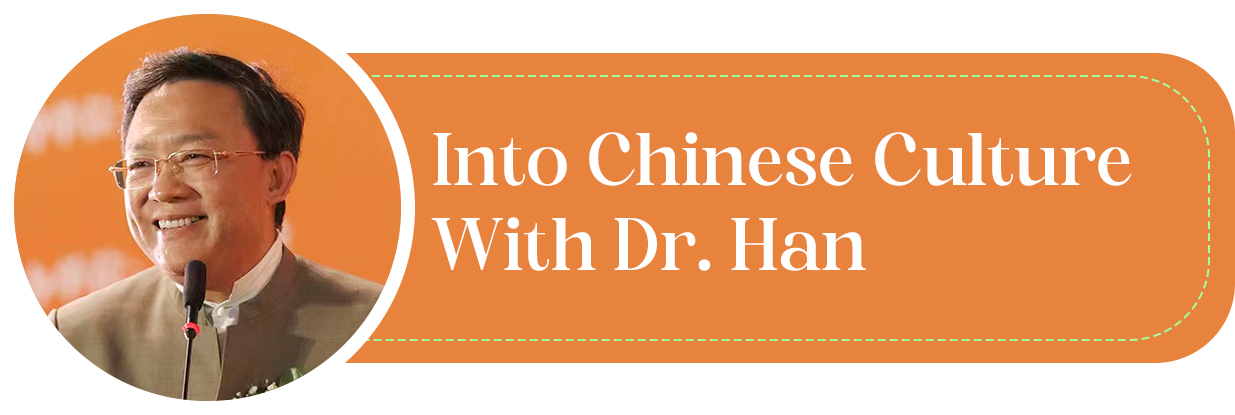The origin and development of Xinxue: From Mencius to Wang Yangming (1)
Writer: Han Wangxi | Editor: Zhang Chanwen | From: Shenzhen Daily

Xinxue, or the School of the Mind, is the treasure of Chinese philosophy. When we talk about the origin and development of Xinxue, we will cover Confucius’ theory on benevolence, Mencius’ idea on innate knowledge, Zhuangzi’s thought on Xinxue and Lu Jiuyuan’s philosophy arguing “the mind is principle.” The ideas passed on to Wang Yangming, a Neo-Confucian philosopher from the Ming Dynasty (1368-1644), whose thought on Xinxue became agglomerate.
One of the principal sources for Wang’s ideas is “Chuanxilu” (or “Instructions for Practical Living”). As far as I am concerned, every word and sentence in the book is consistent with Mencius’ thoughts. Mencius insisted on innate knowledge and Wang emphasized extending the innate knowledge.
Wang believed that teachings on extending one’s innate knowledge, which are direct and clear, are the real approach to Confucian teachings. Wang said, “When we concentrate on minuteness in our learning, we can reach a solid mastery, and sincerity and glory will come towards us.”
1. Rectifying the mind through investigation of the mind
A classic dialogue between Wang and his friend is recorded in “Chuanxilu.” When they roamed around South Township, Wang’s friend pointed to the flowering trees on a cliff and said, “[You say] there is nothing around the world external to the mind. These flowering trees on the high mountain blossom and drop their blossoms to themselves. What have they to do with my mind?”
Wang said, “Before you look at these flowers, they and your mind are in the state of silence. As you come to look at them, their colors at once show up clearly. From this you can know that these flowers are not external to your mind.”
According to Wang, the mind of a sage is like a clear mirror, which can reflect everything. The idea “using a mind to reflect things” is the essence of Wang’s Xinxue. A mind will gain consciousness, self-reflect and make determination. Whatever you do will be reflected by your mind, so you will naturally distinguish right from wrong.
When Wang went to visit Yuxue, he looked at the rice in the field and said, “How long has it been that it has grown like this?”
Fan Zhaoqi, who was beside him, said, “This is because it has roots. If in our learning we can grow roots, we don’t have to worry about its growth either.” Wang replied, “Who has no roots? Innate knowledge is a man’s root which is intelligent and is grown unceasingly by nature. It is only because some people are afflicted by the trouble of selfishness that it injures and obstructs it so it cannot grow.”
A man’s naturally-grown root is his mind that can feel compassion, have discernment, control himself and have empathy for others. However, the mind will sometimes stop growing if obstructed by people’s selfishness.
Confucianism is cultural ethics analyzing the moral value of compassion. Mencius believed that every human has compassion, and the idea is parallel to Confucius’ doctrine on benevolence. Mencius said the notable distinction between humans and beasts is the mind. A virtuous person is distinguished from a mean person because he preserves benevolence, righteousness, manners and wisdom in his mind.
Wang believed that the origin of a human and learning is one’s mind. He also argued that one’s innate knowledge and kindness are the supreme principle. Wang said, “Knowledge is the original substance of the mind. The mind is naturally able to know. When it perceives the parents, it naturally knows that one should be filial. When it perceives the elderly brother, it naturally knows that one should be respectful. And when it perceives a child fall into a well, it naturally knows that one should be commiserative. This is the innate knowledge and needs not be sought outside.”
Wang called on the efforts of the investigation of things and extension of knowledge. In fact, the investigation of things requires people to rectify their minds. He appealed people to rectify their incorrect ideas and restore the supreme principle and innate goodness.
(The author is a cultural scholar.)
(Translated by Chen Siqi)